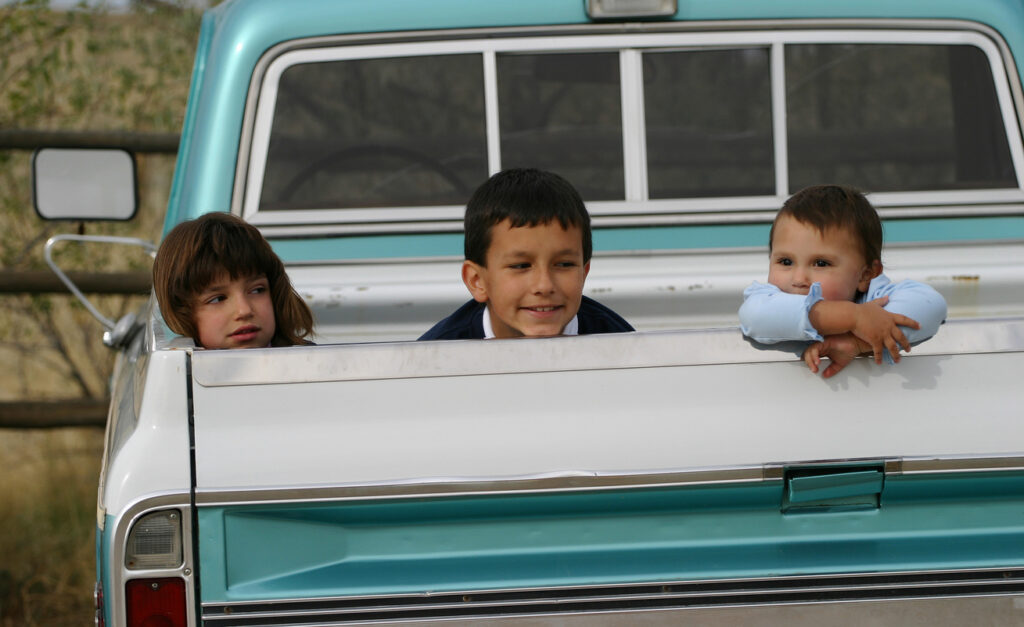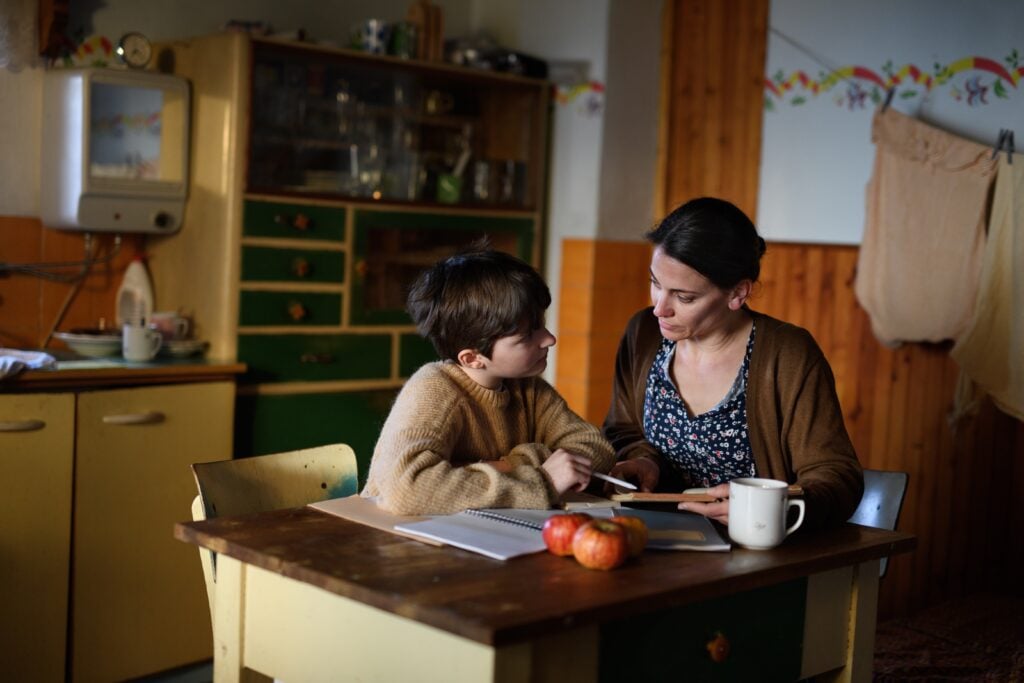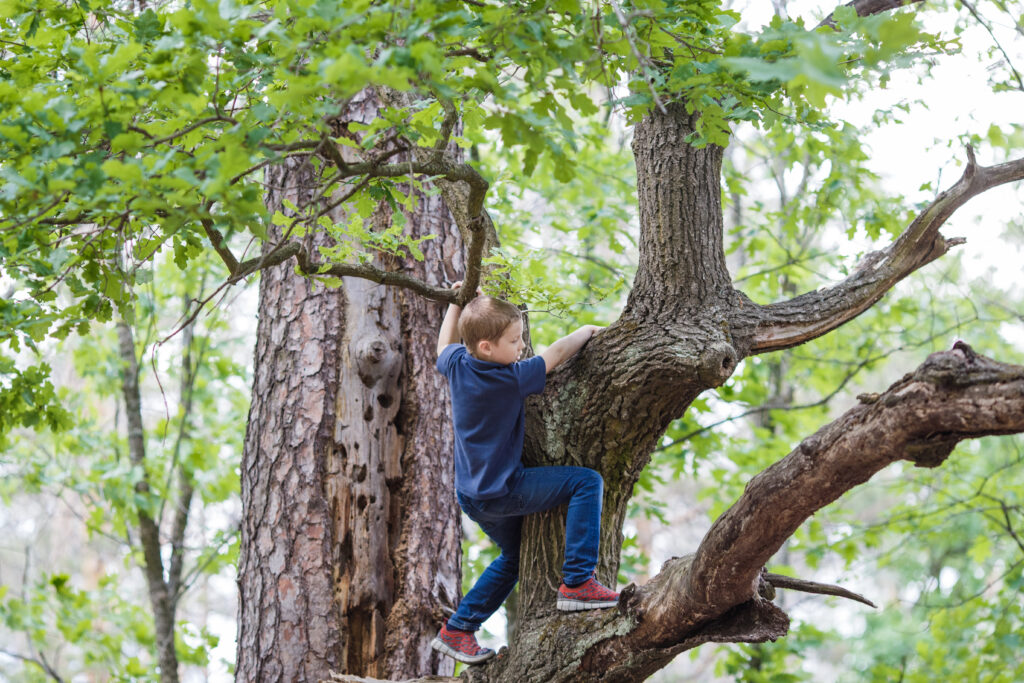These terrifying childhood challenges will make you wonder how Boomers ever survived.

You might shake your head when you hear Boomers nostalgically recount their rugged childhoods, and it’s easy to dismiss these stories as exaggerations. But the truth is, growing up in the mid-20th century really did mean facing a set of challenges today’s generations can barely fathom. Life was raw, gritty, and unforgiving, requiring kids to navigate situations that today would warrant serious intervention or at least some adult supervision. The resilience many Boomers developed was forged not from choice, but from necessity.
Whether facing relentless expectations at home, dealing with peers who could be merciless, or simply trying to survive the everyday dangers that adults casually ignored, childhood was hardly a carefree adventure.
1. Parents Didn’t Hold Back on the Physical Discipline

Boomers grew up in an era when discipline wasn’t negotiable, and corporal punishment was both normal and widely accepted. Misbehavior wasn’t met with gentle explanations or reasoning but with swift, often painful, consequences. Spankings, slaps, or even the infamous “belt or switch” were common disciplinary methods parents relied on without second thoughts. Society considered this tough-love approach essential for raising respectful, obedient children, as stated at Psychology Today.
However, the long-term effects of such harsh discipline weren’t openly discussed or understood back then. Kids quickly learned to conceal their mischief and mistakes, fearing physical repercussions. Many carried emotional scars into adulthood, quietly coping with complex feelings toward their upbringing.
2. Bullying Was Brutal, and There Was No Escape

Schoolyards in the Boomer era were notoriously rough environments where bullying wasn’t just common—it was practically routine. Kids dealt with physical confrontations, relentless teasing, and psychological intimidation regularly, and there was nowhere to hide. Bullying didn’t stop at the school gates, either. Neighborhoods and even homes could be places where tormentors thrived unchecked, creating a relentless atmosphere of stress and dread for vulnerable children, as reported at Stop Bullying.
Unlike today, when schools and communities actively intervene to prevent bullying, Boomers had little to no support systems in place. Teachers rarely stepped in, parents often dismissed bullying as “just kids being kids,” and children were frequently left alone to navigate these painful dynamics.
3. Failure Wasn’t an Option, and Parents Made Sure You Knew It

Boomer childhoods were defined by high expectations and minimal tolerance for failure. Unlike modern parenting, which often emphasizes effort and personal growth over results, Boomer-era parents rarely hesitated to openly express disappointment in their child’s shortcomings. Poor grades or subpar performances in sports or extracurricular activities were met with stark criticism or punishment rather than reassurance or encouragement, as mentioned at Verywell Family.
The pressure was enormous, leading many children to internalize an intense fear of failure. Perfectionism became a survival mechanism, pushing kids to constantly strive for approval and validation. This upbringing fostered resilience but also planted seeds of anxiety and insecurity.
4. Chores Were Hard Labor, and There Was No Complaining

Household chores in the Boomer era weren’t casual tasks—they were demanding physical labor expected of children as a standard part of family life. There were no modern conveniences like robotic vacuums or self-cleaning appliances; chores often meant hours of manual labor, whether pushing heavy, clunky lawnmowers through thick grass, chopping firewood in all seasons, or scrubbing floors on hands and knees. Complaining wasn’t an option—children knew protest would be met with stern reprimands or additional tasks.
Despite the challenges, these rigorous expectations instilled a powerful work ethic and a sense of responsibility in many Boomers. While the intense demands of childhood chores seem harsh today, they also fostered independence and self-reliance.
5. Medical Care Wasn’t Exactly Kid-Friendly

For Boomer kids, visiting the doctor or dentist was often a traumatic event rather than a comforting experience. Pediatric care lacked the sensitivity and child-focused approaches of today; medical professionals were more concerned with efficiency than comfort. Vaccinations were administered with imposing, intimidating needles, and dental procedures occurred without today’s advanced pain relief techniques or soothing distractions.
These harsh experiences taught children early lessons in courage and stoicism. They understood from a young age that fear and discomfort were simply aspects of life to endure rather than feelings to explore or soothe.
6. Poverty Was Everywhere, and You Just Had to Deal With It

Economic hardship was a familiar reality for many Boomer families, and children were rarely sheltered from financial struggles. It was common to wear hand-me-down clothes, mend worn-out shoes, and eat simple, often monotonous meals. Toys and luxuries were rare, with kids making do with limited resources and learning to live with scarcity without complaint or expectation of more.
Yet, experiencing scarcity from a young age taught invaluable lessons about resourcefulness, gratitude, and humility. Boomers grew up understanding the value of money and the sacrifices parents made daily.
7. Mental Health Issues Were Swept Under the Rug

When it came to mental health, Boomer children faced enormous stigma and little understanding. Conditions such as anxiety, depression, or ADHD went undiagnosed or dismissed outright. Children exhibiting emotional distress or behavioral challenges were labeled “difficult,” “lazy,” or simply “bad,” often receiving punishment rather than support.
Without access to counseling or psychological resources, these kids learned to hide emotional pain, coping quietly or developing maladaptive survival strategies. Although awareness and empathy toward mental health issues have significantly improved today, many
8. You Were Expected to Work as Soon as You Could Walk

Boomers were often expected to begin working at surprisingly young ages, whether by contributing to family businesses or finding after-school jobs. Unlike today, where childhood is carefully protected, employment was a normal part of youth, instilling strong work ethics and early financial independence. The expectation to contribute economically was non-negotiable and taught children the critical importance of responsibility.
Though challenging, these early employment experiences also offered opportunities to develop confidence and resilience, equipping Boomers with valuable skills and a sense of accomplishment. However, this came at the cost of carefree childhood freedom, forcing them to grow up rapidly in a demanding adult world.
9. Strict Gender Roles Were Forced on Everyone

Boomer childhoods were rigidly defined by gender norms. Boys and girls faced strict expectations about behavior, interests, and future roles. Any deviation from societal norms was met with ridicule or shame, forcing children into narrow identities often misaligned with their true selves.
This environment limited self-expression, imposing pressures to conform that many carried throughout life. Although these constraints fostered compliance, they also bred internal conflict and lifelong struggles around identity and self-acceptance.
10. Food Wasn’t Just Scarce—It Was Plain Gross

Boomer childhoods were often defined by bland, repetitive, and even unappealing meals. With fewer fresh ingredients and limited culinary variety, kids regularly ate overcooked vegetables, processed meats, and uninspired meals. Complaints were discouraged; children ate what was provided without special accommodations.
This culinary austerity fostered acceptance, adaptability, and gratitude for food. Still, the memories of unappetizing meals remain vivid, symbolizing the broader limitations of their early years.
11. Public Embarrassment Was a Regular Parenting Tactic

Boomer parents frequently used public embarrassment as a disciplinary method, calling out misbehavior openly and without hesitation. This approach, intended to instill shame and enforce obedience, was commonplace.
These public reprimands often resulted in humiliation, shaping children into compliant yet anxious individuals. Despite their resilience, many Boomers still carry the emotional weight of public embarrassment into adulthood.
12. Dangerous “DIY” Adventures Were Just Part of Growing Up

Childhood adventures in the Boomer era were unsupervised, risky, and often dangerous. Whether climbing unstable structures or setting off homemade fireworks, children navigated numerous hazards without adult guidance.
Although dangerous, these activities fostered independence, bravery, and resourcefulness. Boomers look back astonished that they survived such reckless adventures, recognizing both the risks and the profound freedom they experienced as kids.
